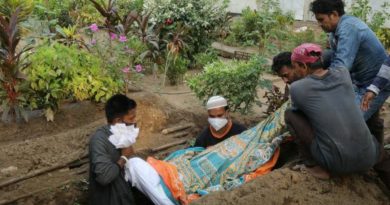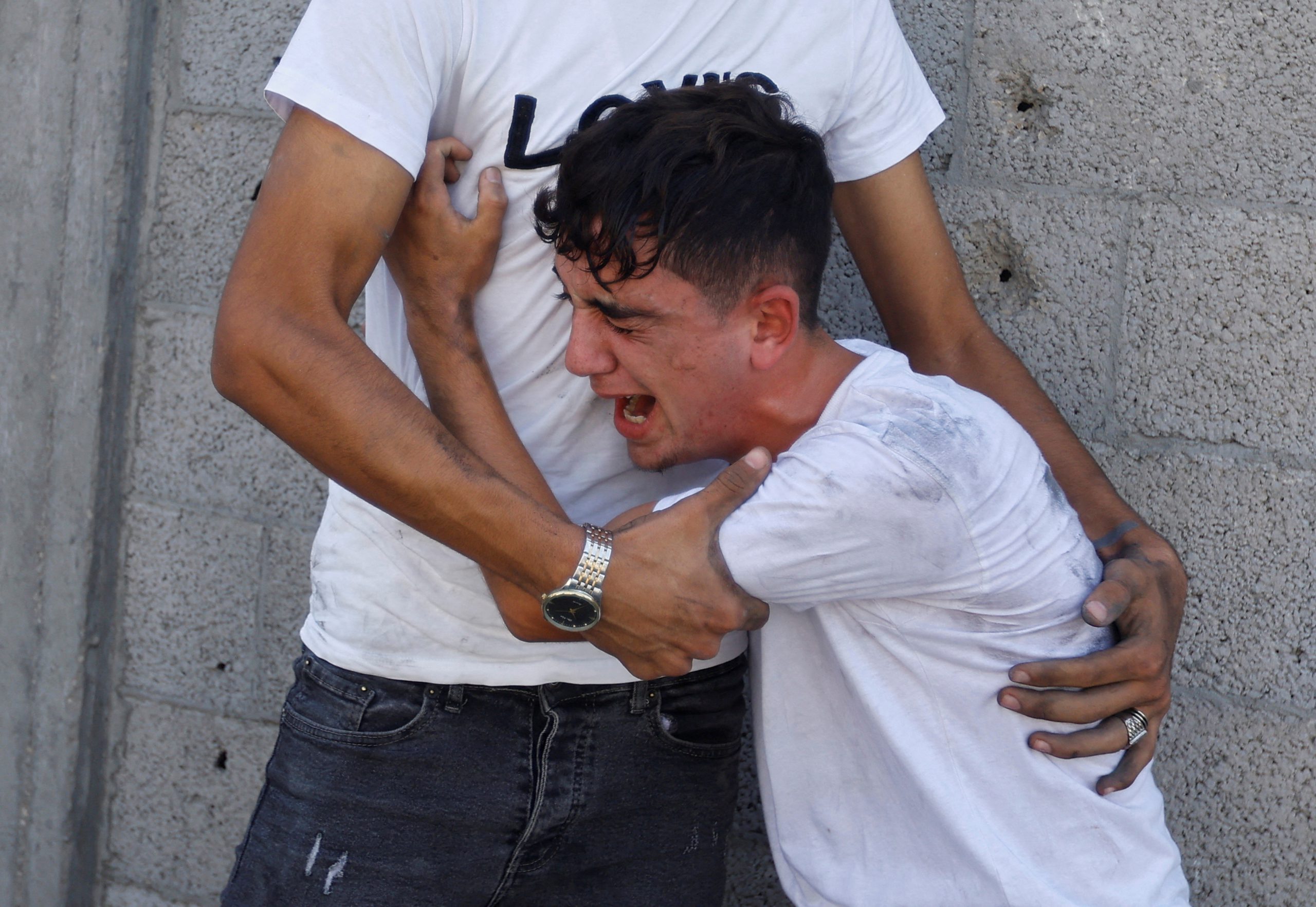India says Ukraine asked for more medical supplies
New Delhi (Reuters) – India said on Wednesday that Ukraine has asked for more medicines and medical equipment and has invited Indian companies to help rebuild the country battered by Russia’s invasion.
Ukraine made its request during a four-day visit to India by First Deputy Minister of Foreign Affairs Emine Dzhaparova that ended on Wednesday, the Indian foreign ministry said in a statement.
Dzhaparova held talks with India’s junior foreign minister, Meenakshi Lekhi, and handed over a letter from President Volodymyr Zelenskiy to Prime Minister Narendra Modi, the ministry said. It gave no details of the letter.
“Rebuilding infrastructure in Ukraine could be an opportunity for Indian companies,” the ministry cited Dzhaparova as saying.
India has sent humanitarian aid to Ukraine since the beginning of the war, including medicines and medical equipment.
Dzhaparova’s visit was the first by a high-ranking official from Ukraine since Russia launched its invasion.
India has not been as critical of its old ally Russia as some other countries for its invasion and it has increased its purchases of Russian oil. India has sought a diplomatic solution to the conflict while Modi, in comments seen as mildly critical of Russian President Vladimir Putin, told him in September that now was “not an era of war”.
Dzhaparova, in comments to media during her visit, said Ukraine wanted India to be more involved in helping resolve the conflict and Ukraine looked forward to welcoming Modi to Kyiv “one day”.
India holds the rotating presidency of the Group of 20 and Dzhaparova said Ukraine expected India to invite Ukrainian officials to G20 events and that Zelenskiy would be keen to address a G20 Summit in New Delhi in September, as he did by video during the grouping’s last summit in Indonesia.
The Indian ministry did not refer to these requests in its statement.
India does not want the war to overshadow G20 events, Indian officials have said, but the first two G20 ministerial events India hosted, in February and March, saw rifts over the war between G7 nations, one the one hand, and Russia and China on the other.



